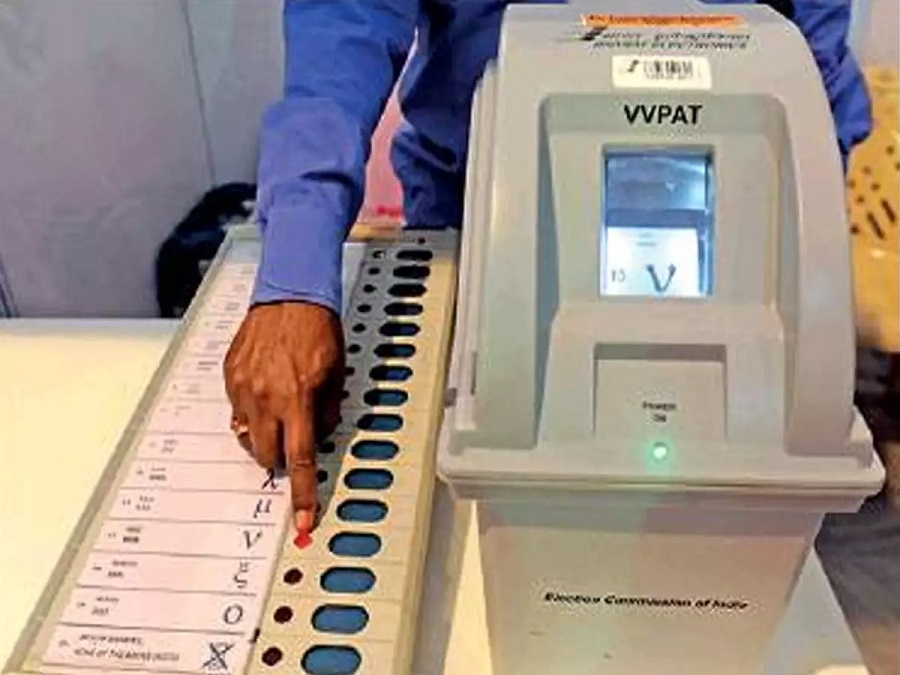ENDORSEMENT
| Date :14-May-2019 |

THAT lawmakers from as many as 18 countries observe India’s electoral process, see how India uses the Electronic Voting Machines (EVMs) capably and rue how their respective lands cannot boast of such a fine efficiency, is a matter of immense pride for the country. There never was a doubt in the world about the greatness of India’s massive election machinery that is operating successfully for the past seven decades. But when lawmakers and administrators from 18 countries coincidentally happen to be together to observe and study India’s electoral process, the impression they carry back home is of immense value. For, they take back a good message about India’s operational democracy from the ground level.
For India and Indians, this is something to feel very proud of, very happy about. Of course, internally, some elements in the Opposition as well as pseudo-intellectual class have tried to disturb the democratic discourse by accusing the Government of manipulation of the EVMs. As they kick up the dust of controversy, these elements do not just malign the Government but also the Election Commission of India (ECI) that has always been the fairest to all stake-holders beyond question, beyond suspicion. Plus, they also refuse to acknowledge the strength the electoral system has built in itself over time by great professionalism and sense of discipline beyond fear or favour.
All such elements get a proper answer from foreign observers who have often praised India’s ability to conduct elections on such massive scale and across such an extended political and administrative spectrums. For, elections are held from the Lok Sabha at the top end and to the Gram Panchayat at the lowest end of the ladder. The country also elects its President in a similar manner, handling each component with extreme sense of responsibility. No matter the suspicions raised by political Doubting Thomases, elections in India are held most fairly, in the process impressing the whole world. It is for this reason that the appreciation of this massive electoral process from lawmakers and representatives from 18 countries carries such a weight in internal consideration and international assessment. This appreciation is an endorsement of the success in strengthening ever the concept of electoral democracy in India. The international appreciation also acts as an effective response to senseless accusations some elements keep levelling against the system.
There is little doubt that India has made an effective use of the EVM technology. But even when such a technology was not available, the Election Commission always conducted the electoral process with a sense of utmost fairness and balance. There might have been some aberrations in the process, but those only proved the rule by being undesirable exceptions. Though the international appreciation, thus, may have come for the EVMs, it also has come for the human efficiency and firm faith in the high principles of non-partisan balance and fairness.
By no standard is this a small appreciation! Its importance can be understood correctly when we look at the people who offer appreciation. The admission by the Australian envoy that his country does not use the EVMs the way India does, also speaks of how India has mastered an appropriate technology to conduct its elections on massive scales. This shows that India is a technologically advanced country which knows the importance of marshalling machines for larger human good (when many other countries are still languishing in methods of the past). The most critical factor of India’s election machinery is the utmost faith in representative democracy in which every stake-holder has an opportunity to express himself or herself boldly.